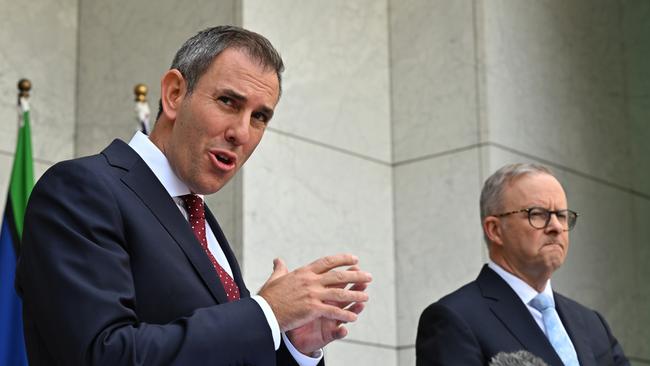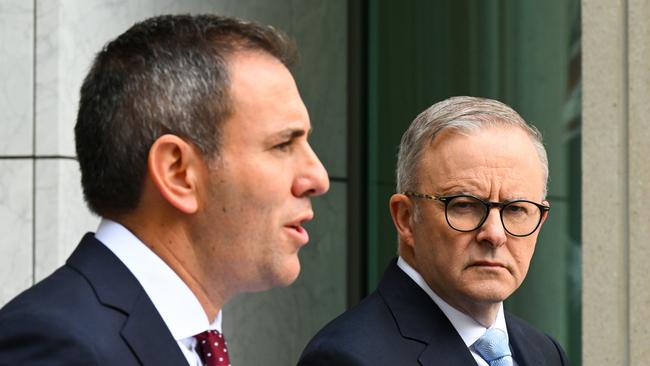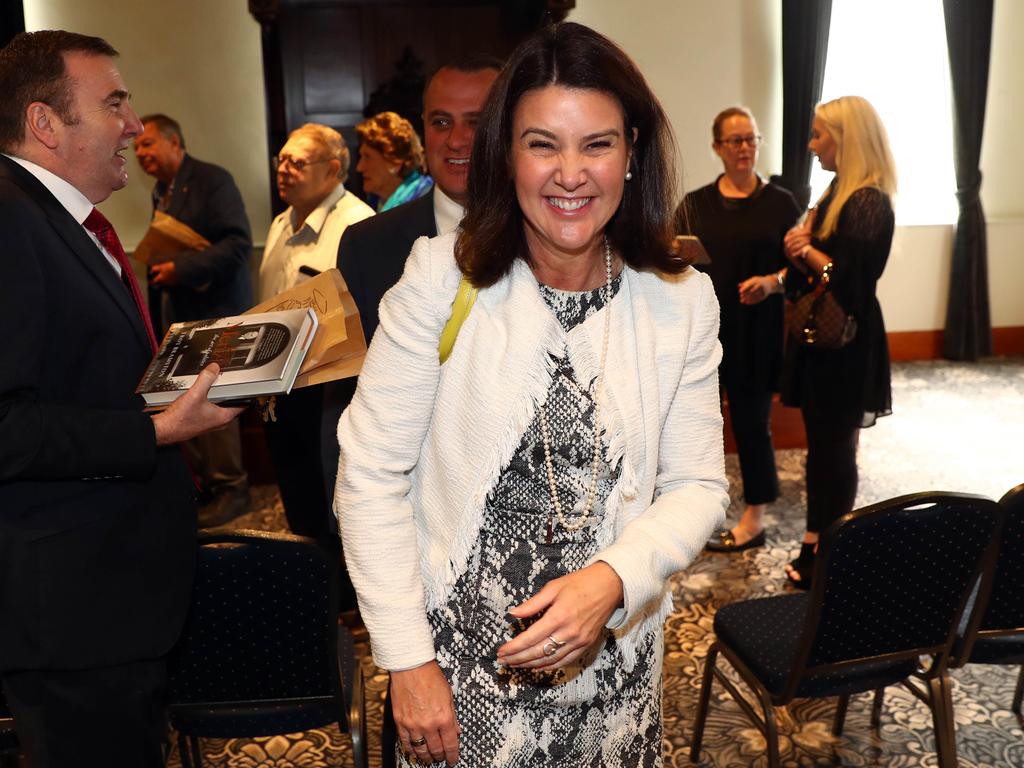
That definition, which is broadly accepted internationally, translates naturally into a metric: the replacement rate, which is the ratio of a person’s retirement income to their income before retiring. In turn, that metric allows the adequacy of a superannuation system to be assessed in a relatively straightforward manner: if the system is meeting its objectives, savers should, by making manageable contributions, be able to accumulate a stock of wealth sufficient to sustain a replacement rate of some 70 per cent.
But the Albanese government’s proposed approach – which defines the system’s purpose as being “to preserve savings to deliver income for a dignified retirement” – is altogether different. And although the government’s future plans are not known, its definition creates enormous scope for mischief.
Unlike the standard approach, the government’s definition doesn’t focus on the system’s role in facilitating the profitable transformation of today’s savings into tomorrow’s wealth. Instead, it has three key components.
The first is that the system should “preserve” savings. The choice of words is curious: far from connoting growth, to preserve means, etymologically and in current usage, no more than to store or keep intact.

But the intent of the wording is clear: it is to vest in the system, and it alone, the function of “preserving” or storing savers’ funds in the accumulation phase. Savers would, in other words, be prohibited from transferring funds to other savings instruments, regardless of how well or poorly superannuation performs.
It is, for sure, legitimate to limit superannuation savings to investments that support long-term asset accumulation, preventing early withdrawals that dissipate wealth; however, it seems inconsistent to (for example) encourage savers to invest in housing the homeless but not in housing themselves. And simply sneaking the restriction into the definition of the system’s purpose hardly justifies it.
The definition’s second component then specifies the income level at which the system aims: not a particular replacement rate but a “dignified” standard of living in retirement. Quite what that term means is obviously unclear; it is, however, no coincidence that it figured prominently in the Whitlam government’s explanation of its sweeping reforms to the Age Pension.
After all, no one could have been more aware than Gough Whitlam – who was a passionate classicist – of the Roman tradition, which defined a dignified way of life as one that lacked ostentation or self-indulgence.
The Stoics, for example, argued that the “optimates” – the noblest citizens – should be models of restraint; and it was in that sense that Roman orator, philosopher and statesman Marcus Tullius Cicero used the concept in his enormously influential De Officiis (On Obligations), contrasting a dignified way of life with one that was sensual and hence “wholly undignified”.
While sitting uneasily with the sybaritic spirit of the age, that interpretation of a dignified retirement – as one that is sufficient but not too much more than that – would justify excluding increasingly vast swathes of real or imagined toffs from the system’s so-called concessions (which Jonathan Pincus has shown on these pages are no concession at all), along with the ever heavier taxation of the assets high and middle-income earners have within it.
Finally, the third element of the definition is no less problematic than the first two: namely, the stress it places on the income being for the “purpose of sustaining a dignified retirement”.
In effect, recent discussions of superannuation, such as the Retirement Income Review commissioned by the Morrison government, have lamented that many retirees do not fully consume their savings, instead leaving unexhausted funds as bequests.
The contention is that leaving a bequest amounts to a misuse of the system, which (it is claimed) ought only to finance superannuants during their retirement. And the resulting recommendation is to curtail superannuants’ scope to leave bequests: for example, by using stringent drawdown requirements to force any superannuants who wish to leave bequests to transfer those amounts into more heavily taxed forms of saving.
By narrowing the purpose of superannuation to funding consumption during retirement, the government’s definition loudly echoes those claims. It is, however, impossible to see why saving to leave a bequest would in any way contradict superannuation’s underlying rationale – and other than a class-warfare-inspired dislike of inheritance, the critics of bequests have done absolutely nothing to justify their contentions.
One might, on the contrary, have thought that a dignified way of life implied the exact opposite of what those critics assert: that a prudent concern for future generations, and first and foremost for one’s family, is to be commended rather than condemned. Indeed, in his Epistulae ad Familiares (Letters to Friends), Cicero himself describes that concern as the “most dignified” of all considerations; and it is positively bizarre to think – as the Retirement Income Review seemed to – that it is worthier for superannuants to spend their savings on cars, cruises and champagne than on leaving some savings for their progeny.
Ultimately, although it invokes the term, the government’s proposed definition ignores the very essence of the concept of human dignity, which lies – as Immanuel Kant put it – in the “legitimate claim to respect” we are each entitled to assert, within the limits of the law, for our own plans, projects and aspirations.
Intimately associated with that claim is the capacity for what the Greeks considered the greatest of qualities, sophrosune or self-government; and it should be the role of superannuation to help all Australians achieve it in retirement as in working life.
Seen in that perspective, superannuation’s most fundamental purpose is not that of assisting personal saving; rather, in a tax system which otherwise punishes saving, it promotes the ultimate end of self-reliance and the freedom it brings to decide for oneself.
It is no doubt true that the virtue of self-reliance – which the ancients rightly regarded as “the emblem of human dignity” – is about as highly valued in today’s Australia as that of chastity; but it would be a pity if what little weight self-reliance still receives were eroded by completely destabilising a system that could and should be one of its pillars.
As for the Albanese government, its proposed definition characterises savers the way a casino characterises gamblers: as a flock to be deluded into believing it can win while being repeatedly fleeced. That is what the changes its definition implies would do; if it intends to make them, it should say so.
That would, at least, be more honest – and it would be more dignified too.







What is the purpose of superannuation? Until recently, answering that question was easy: superannuation helps people secure, through long-term savings, an income in retirement commensurate with their income during working life.